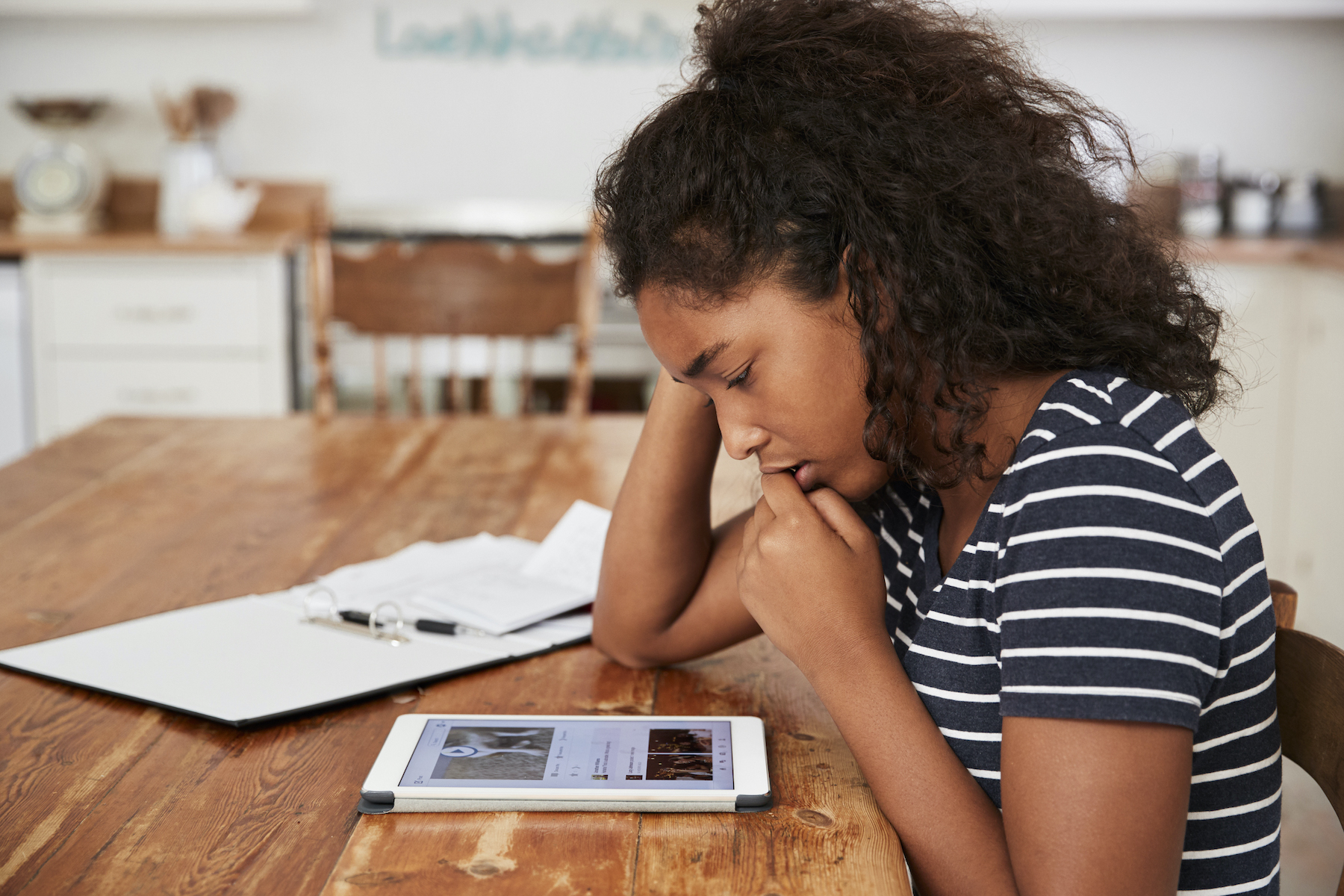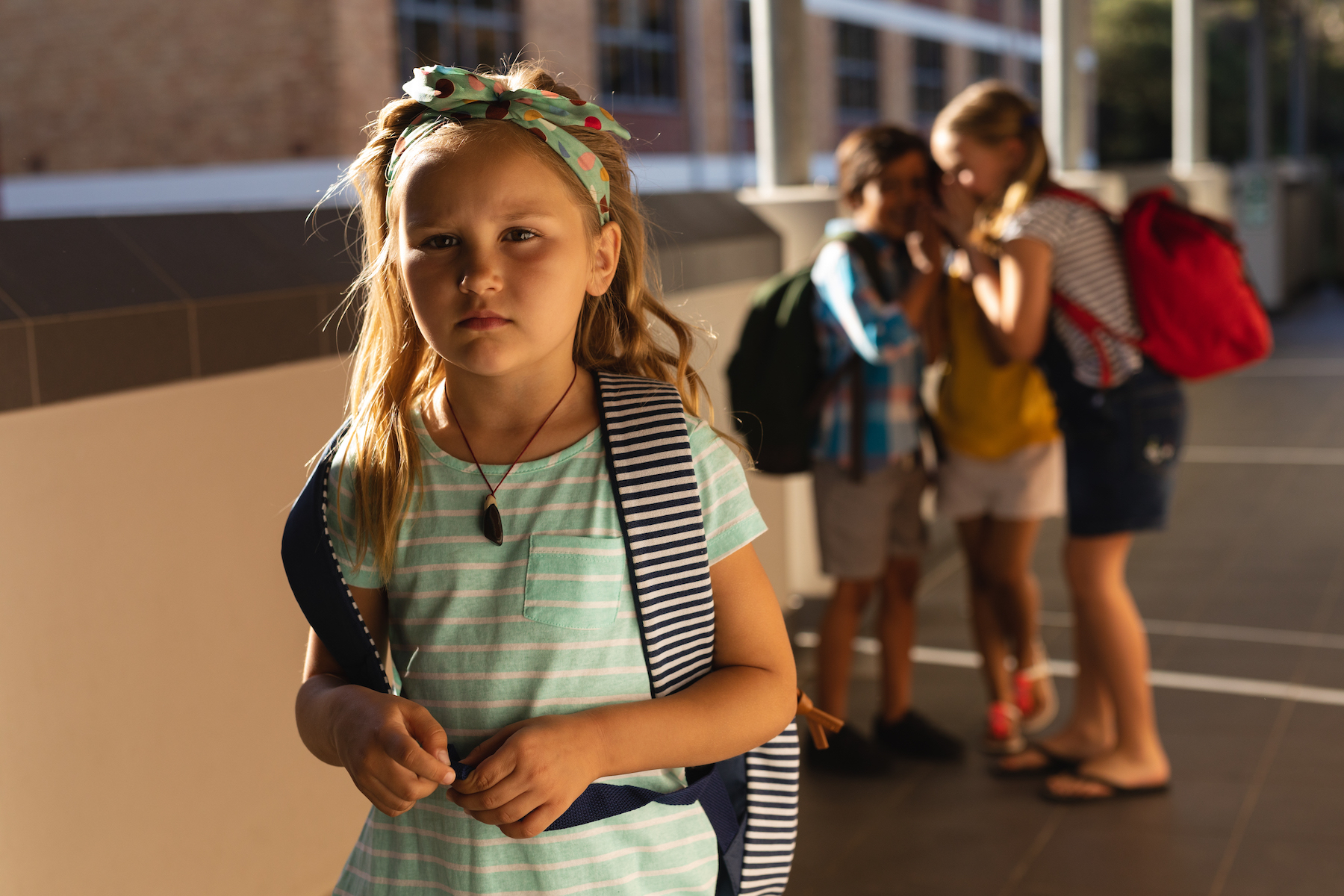Social media is a great way for children to stay in touch with friends and family members away from home. But, social media can also pose potential risks as children, and their personal information can be exposed to strangers. Children are not always aware of the dangers of the internet and the publicity of information that they share online.
This guide will help you and your child navigate social media in today’s times. With these tips, your child can enjoy the benefits of social media, while also reducing the risks.
Be Active on Social Media Accounts
The number of social media platforms continues to increase. Knowing what each site is and which ones your child uses most often is an important step in keeping your child safe. By getting involved with the different platforms, you can better gauge whether or not it is appropriate for your child. This will also educate you on how things like messaging and posting works.
Some parents might choose to set up their own accounts and friend their child to monitor their social media actions better. Others might choose to monitor their child’s account frequently. It is also a good idea to regularly update and refresh your knowledge of the newest social media platforms and internet risks. With the internet regularly changing, so are social media sites and potential threats.
It is also a good idea to place the computer in a public location in the house. Children who use social media platforms in public tend to be more careful about the conversations they have. This also allows you to become more aware of online messages and comments from strangers. You can also enlist the help of other family members and friends. The more people that you trust connected to your child, the more likely you are to notice risk behavior.
Follow Age Requirements and Recommended Guidelines
With children becoming more comfortable with technology at a younger age, it can be difficult to determine the right age to allow your child to open their own social media accounts. While each child is different, it can be helpful to use the recommended guidelines set by the Children’s Online Privacy Protection Act (COPPA) as a base. For many of the major social media account platforms, including Facebook and Instagram, the minimum age to open an account is 13 years.
This doesn’t mean that 13 is the magical age that decides when your child is ready for their own social media. Each child is different, and deciding whether or not your child is ready for social media is a personal decision. You can determine your child’s readiness by discussing risks and privacy concerns around social media.
It is also important to keep in mind that what works for one family may not work for you. Just because your child’s friends are on certain social media sites doesn’t necessarily mean that it is the right decision for you and your family.
Take Advantage of Privacy Settings
Many social media sites have a series of tools that can keep children’s information private. While these settings should be automatically activated based on your child’s age, it is a good idea to double-check that they are actively in place. When you use these privacy settings, you can protect your child from receiving messages or friend requests from strangers. Some privacy settings also prevent strangers from seeing the content that your child posts.
In addition to knowing the social media sites that your child uses most often, it is also a good idea to have access to your child’s password at all times. Set your email address as the account holder. That way, if the password is changed or your child refuses to give you the password, later on, you can retrieve it through the lost password feature.
Many social media sites also have additional privacy settings built-in, like the ability to:
- Turn off activity status on Instagram
- Block interactions with stories
- Ban users not accepted as a friend from viewing images
- Publish YouTube videos as unlisted
You can learn more privacy tips for individual social media accounts here.
Limit Social Media Time
According to a study by Common Sense Media, children spend an average of six hours each day online. Much of this time is spent browsing social media websites. Not only does this increase their risk, but it can also affect other factors like their academic performance. Experts recommend setting time limits, not only for computer use but also for social media time.
Encourage Open Communication
Discuss the risks of social media with your children. Talk through potential situations and how they will handle them. This keeps the lines of communication open and ensures that your child knows what to do if they ever feel unsafe. Setting these guidelines and expectations ahead of time ensures that the entire family is on the same page when it comes to social media safety.
When discussing the risks of social media, be sure to cover common risks like cyber predators, cyberbullying, inappropriate conversations, and what is safe and not safe to post. There is also the risk of children posting images and videos that could potentially damage their future reputation. Things posted online are permanent, and making a single mistake could affect career and academic opportunities.
Some rules that you and your family might set include:
- No sharing photos of your child or other family members
- No giving out personal information like phone numbers or addresses
- No accepting friend requests without parental approval
- Children must always share passwords
- Know who your children are talking to online. Talk to them about their online friends and use tools like Instant Social Report help track down their social media/email information. You never know who might be a predator in disguise.
Make the process of coming up with rules and expectations a collaborative effort. This allows your child to be involved in the process. Some families will even use a social media contract, which keeps expectations clear. A contract is agreed upon by both the child and the parent, making each person’s role clear.
social media can be a great way to keep connected in a busy world. When you and your family set clear expectations ahead of time and stay up-to-date on the latest internet risks, you can enjoy these perks, while also keeping everyone safe. Safely navigating the internet will require ongoing communication and willingness to adjust as the internet continues to change.
And if you or your child receive suspicious messages, investigate them thoroughly. Whenever you talk to any stranger online, it’s important to know vital information about who they are. There are tools out there that help track down their social media/email information.
Instant Social Support is a website that searches any email account. Plug in the email, hit search, and the site displays information about that person’s account. Instant Social Report backtracks emails to their social media accounts, tracking down important information about people who may know you. And it’s completely free. Try it out at https://instantsocialreport.com/landing/home




